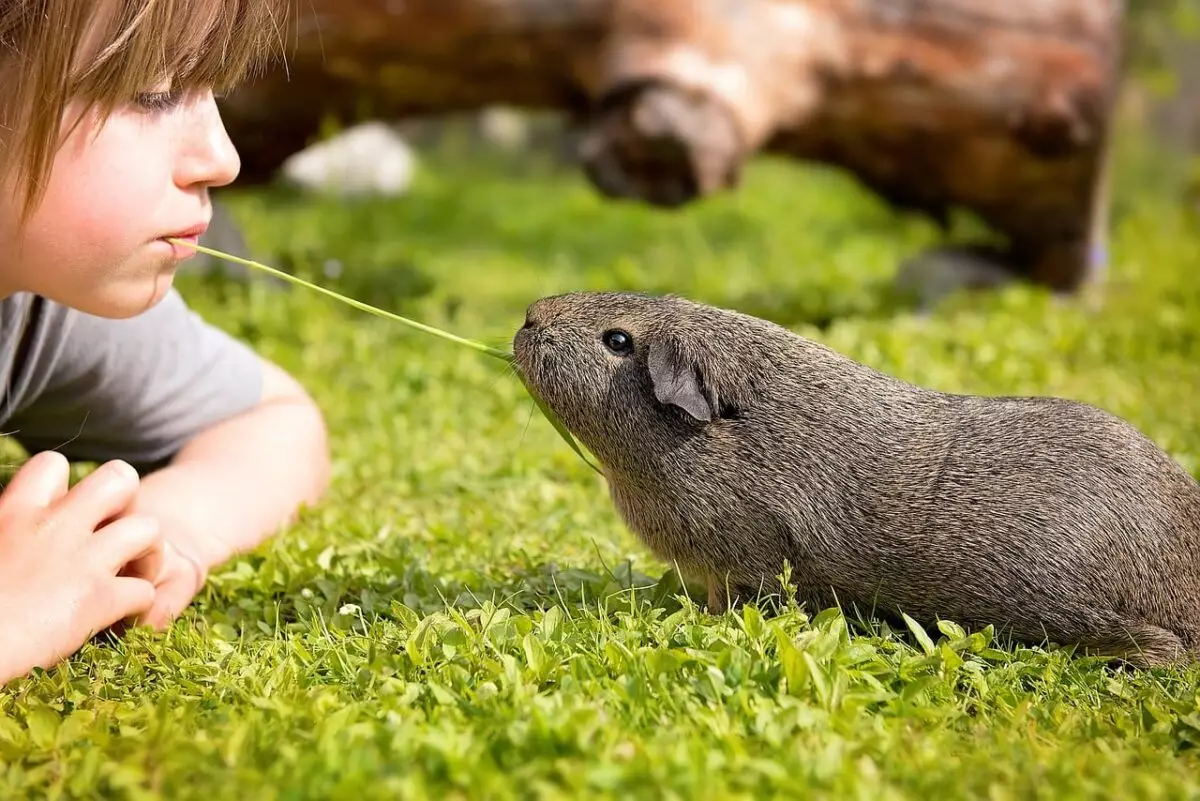Anxiety is a common struggle for many children today, exacerbated by a fast-paced world filled with academic pressures and social challenges. In light of this, the role of pets as an emotional support system has gained recognition as a valuable method for alleviating stress and anxiety in young individuals. The following exploration delves into the positive impact that various pets can have on anxious children, aiding their emotional development and providing comfort in turbulent times.
Having a pet can be a source of immense comfort for children grappling with anxiety. Pets possess an uncanny ability to connect with their owners, often providing a non-judgmental presence when children feel overwhelmed by their emotions. Animals can recognize signs of distress in their owners, and they often respond with affectionate gestures that can soothe anxiety. For children who may struggle to articulate their feelings, the companionship of a pet offers a dynamic form of emotional regulation.
For instance, dogs are widely celebrated as emotional support animals. Known for their loyalty and affectionate behavior, dogs can serve as a grounding presence during moments of stress. The simple act of petting a dog can trigger the release of oxytocin, a hormone that enhances feelings of relaxation and trust. Moreover, the responsibilities associated with dog care, such as feeding, walking, and grooming, can instill a sense of routine and responsibility, further grounding a young individual amidst the chaos of anxiety.
Though often perceived as independent, cats can play a significant role in alleviating anxiety in children. Cats have their unique ways of providing comfort, such as curling up next to a child or purring softly, which can create a peaceful atmosphere. Many cats enjoy gentle interaction and can form strong attachments with their human companions, ensuring that the child feels supported and understood.
The relatively low-maintenance nature of cats makes them appealing for families dealing with busy schedules. Unlike dogs, they do not require regular outdoor exercise, making them suitable for homes where frequent walks may not be feasible. For children whose anxiety may stem from social interactions, the soothing presence of a cat can provide the comfort of companionship without the demands of more interactive play, allowing kids to recharge in a safe space.
Smaller pets, such as guinea pigs and hamsters, should not be overlooked when considering emotional support animals. These gentle creatures can bring significant joy and comfort to anxious children. Guinea pigs, with their docile personalities and gentle squeaks, can form strong bonds with their owners. The act of holding and petting these small animals can be a calming ritual; their delight in human interaction often offers a much-needed distraction during anxious moments.
Hamsters also serve as delightful companions, particularly due to their playful antics. The joy of watching a hamster scurry about its cage or exercise can bring laughter and a sense of ease, allowing children to shift their focus from their worries to the engaging behaviors of these little creatures. Observing and caring for small animals often promotes the development of nurturing instincts, empowering children to take charge of their well-being.
While not traditionally considered pets, aquatic life can also have therapeutic properties. Fish tanks can create a serene environment, fostering tranquility through the observation of fish as they glide through water. The rhythmic motion of aquatic life has a meditative effect, encouraging children to focus on the soothing waves rather than their sources of anxiety.
Maintaining an aquarium can also instill a sense of responsibility in children, as they learn the importance of regular feeding and tank cleaning. A well-cared-for aquarium becomes a personal sanctuary, where children can unwind after a long day. Though fish do not provide physical comfort in the way that cuddly pets do, their calming presence can significantly contribute to an overall sense of well-being.
In addition to the usual suspects, animals like turtles, rabbits, and birds can offer unique benefits for anxious children. Rabbits have gentle personalities and can become affectionate companions that provide comfort through soft interactions. Their curious behavior invites children to engage with them in play, thus helping to distract from anxious thoughts.
Birds, such as parakeets and cockatiels, present an interactive experience that keeps children engaged and brings a sense of liveliness to the home. Their cheerful sounds can elevate moods and encourage children to communicate—a vital skill for those struggling with social anxiety.
Ultimately, the remarkable bond shared between pets and children can foster emotional resilience, offering support that is vital for navigating anxiety. Regardless of the type of pet selected—be it a dog, cat, fish, or small mammal—each animal brings a distinct set of benefits that can contribute to the emotional well-being of anxious children. While challenges may arise in caring for a pet, the joys and lessons learned through this bond far outweigh the difficulties. In the end, the profound ability of pets to provide love, companionship, and comfort creates a significant positive impact on the lives of anxious children, serving as a gentle reminder that they are never truly alone.

